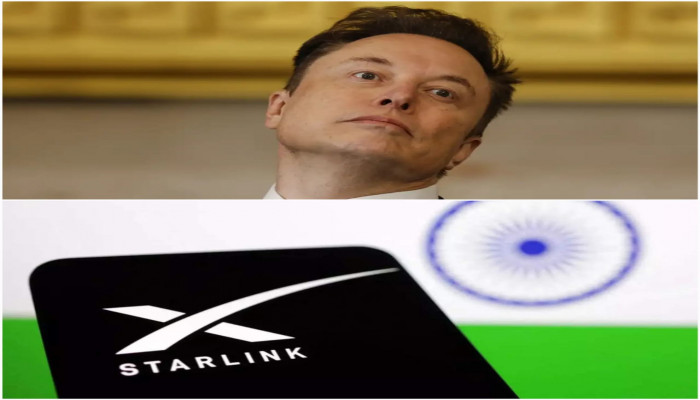India grants Starlink a Letter of Intent to begin satellite service, imposes strict conditions
- In Reports
- 06:10 PM, May 08, 2025
- Myind Staff
Elon Musk's satellite internet company, Starlink, has received a letter of intent (LoI) from the Indian government to begin its services in the country. This letter guides future discussions about a potential agreement, showing that both sides are keen to move ahead with the deal. While an LoI is generally not legally binding, it might contain binding elements like confidentiality agreements or exclusive commitments. The Department of Telecommunications (DoT) has officially handed the letter to Starlink, allowing the company to apply for a satellite service license in India. However, Starlink must meet several strict conditions before launching its service.
Starlink has been waiting for the Global Mobile Personal Communications by Satellite (GMPCS) license for years to launch its satellite broadband services in India, according to a PTI report. The company has now agreed to comply with the data localisation requirement, meaning user data will be stored in India. With the letter of intent now issued, the Department of Telecommunications (DoT) is expected to give the GMPCS license to Starlink shortly. Currently, only Airtel and Jio have received licenses to provide satellite services in India, while companies like Amazon and Starlink are still waiting. Starlink and SpaceX representatives recently met with Commerce Minister Piyush Goyal, and Elon Musk also discussed with Prime Minister Modi.
Before Starlink can begin offering satellite services in India, it must comply with several new conditions imposed by the Department of Telecommunications (DoT). These include security measures like website blocking and legal surveillance protocols. The DoT has introduced stricter regulations for satellite service providers, adding 29 to 30 new security requirements. One of these rules mandates that providers set up a dedicated surveillance area within 50 kilometres of India's international borders.
Under the new rules, service providers must be able to disconnect a user's network if found in unauthorised or restricted areas. Providers will also be required to track the location of user terminals, both fixed and mobile, in real time and share this data, including longitude and latitude, with security agencies when requested. Additionally, satellite service providers must verify user terminals. Foreign devices that are not yet registered in India will only be allowed access to services once they complete the registration process.







Comments